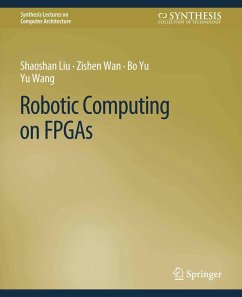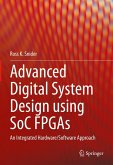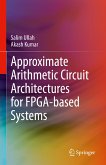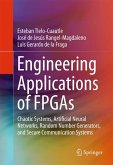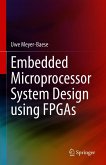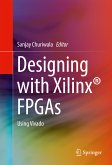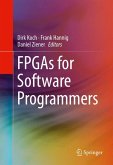Dr. Shaoshan Liu is founder and CEO of PerceptIn Inc, a company focusing on developing autonomous driving technologies. Dr. Liu has published more than 70 research papers, 40 U.S. patents, and over 150 international patents on autonomous driving technologies and robotics, as well as two books on autonomous driving technologies, Creating Autonomous Vehicle Systems (Morgan Claypool) and Engineering Autonomous Vehicles and Robots: The DragonFly Modular-based Approach (Wiley - IEEE). He is a senior member of IEEE, a Distinguished Speaker of the IEEE Computer Society, a Distinguished Speaker of ACM, and a founder of the IEEE Special Technical Community on Autonomous Driving Technologies. Dr. Liu received a Master of Public Administration (MPA) from Harvard Kennedy School, a Ph.D. in Computer Engineering from University of California, Irvine.
Zishen Wan received an M.S. degree from Harvard University, Cambridge, MA, USA, in 2020, and a B.S. degree from Harbin Institute of Technology, Harbin, China, in 2018, both in electrical engineering. He is currently pursuing a Ph.D. in Electrical and Computer Engineering at Georgia Institute of Technology, Atlanta, GA, USA. He has a broad research interest in VLSI design, computer architecture, machine learning, and edge intelligence, with a focus on energy-efficient and robust hardware and system design for autonomous machines. He received the Best Paper Award at DAC 2020 and CAL 2020.
Dr. Bo Yu received a Ph.D. from the Institute of Microelectronics, Tsinghua University, Beijing, China, in 2013and a B.S. degree in electronic technology and science from Tianjin University, Tianjin, China, in 2006.He is currently the CTO of PerceptIn Inc, a company focusing on providing visual perception solutions for robotics and autonomous driving. His current research interests include algorithms and systems for robotics and autonomous vehicles. Dr. Yu is also a Founding Member of the IEEE Special Technical Community on Autonomous Driving and a senior member of IEEE.
Dr. Yu Wang received his Ph.D. (with honors) and B.S. degrees from Tsinghua University, Beijing, China in 2007 and 2002, respectively. He is currently a Tenured Professor and Chair of the Department of Electronic Engineering, Tsinghua University. His research interests include application-specific hardware computing, parallel circuit analysis, and power/reliability aware system design methodology. Dr. Wang has authored and coauthored over 250 papers in refereed journals and conferences. He received the Best Paper Award at ASPDAC 2019, FPGA 2017, NVMSA17, and ISVLSI 2012 and the Best Poster Award at HEART 2012, with an additional 9 Best Paper Nominations. He received the DAC Under-40 Innovator Award in 2018. He served as the TPC chair for ICFPT 2019, ISVLSI 2018, and ICFPT 2011, as the Finance Chair of ISLPED 2012-2016, and as a program committee member for leading conferences in the EDA/FPGA area. Currently, he serves as Associate Editor forIEEE Trans on CAS for Video Technology, IEEE Transactions on CAD, and ACM TECS. He is an IEEE and ACM senior member and the co-founder of Deephi Tech (acquired by Xilinx in 2018), which is a leading deep learning computing platform provider.

